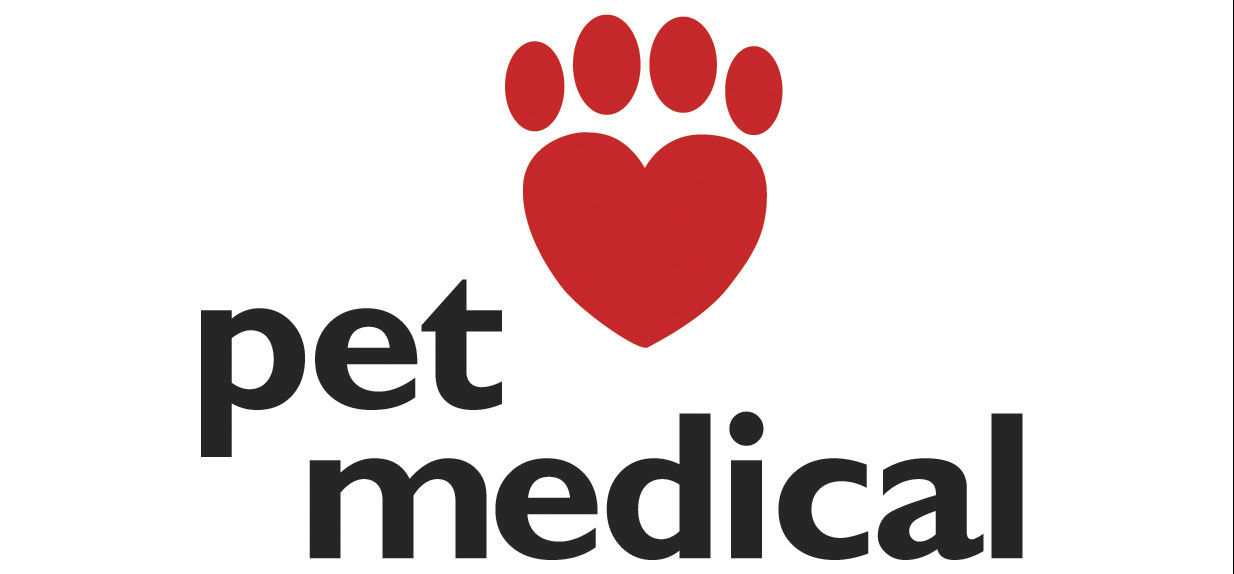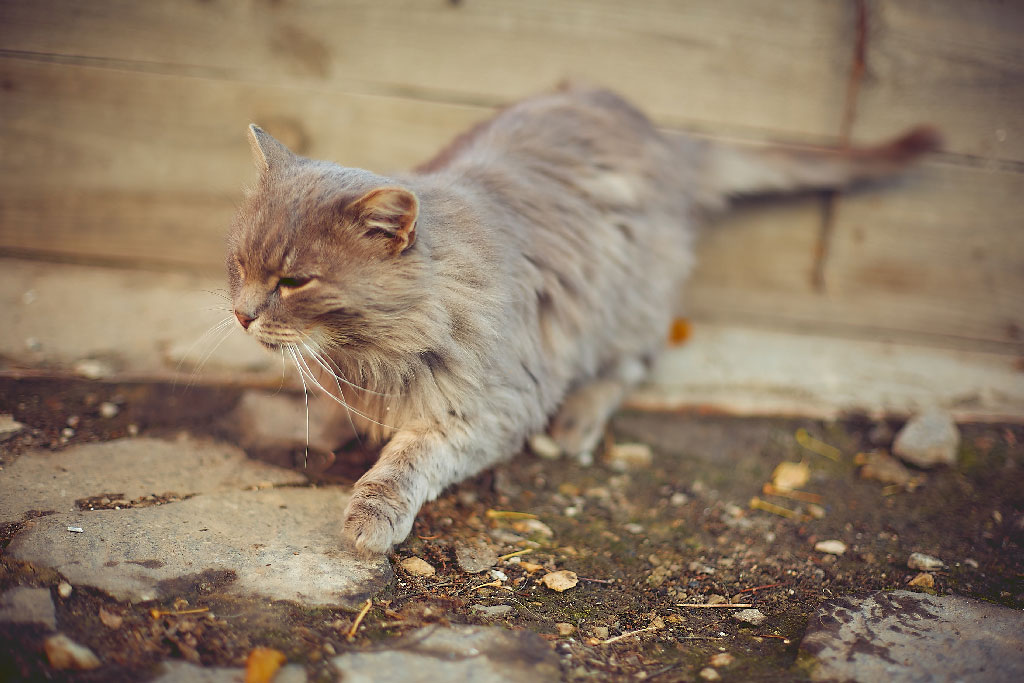Canine cough, or kennel cough, is a syndrome characterised by harsh hacking coughs in dogs. It’s an infectious bronchitis that’s caused by a number of different organisms. Owners often think their dog has something stuck in its throat but the coughing is generally due to throat irritation from the disease.
As it is a multifactorial disease caused by a number of different agents, canine cough doesn’t flare up in particular seasons or at certain times. Outbreaks can happen all year round so it’s important to have your dog’s vaccinations up to date. Even though we can’t vaccinate for all the agents that cause canine cough, vaccination will minimise the chance of your dog being infected. It’s a highly contagious disease.
How it’s spread
Direct dog-to-dog contact isn’t necessary for the disease to be passed along as it can be aerosol spread. Walking your dog, playing in the dog park, or any time your dog is in a place visited by other dogs, can be sufficient for them to pick up kennel cough.
Sometimes the symptoms are mild and don’t require any treatment. Sometimes it can lead to more serious disease. And sometimes, because it can be caused by viruses and bacteria, some dogs need to be administered antibiotics.
Identifying the disease
While there are many occasions and reasons for a dog to cough, it’s fairly easy to identify if your dog has the disease, canine cough. The cough has a distinctive dry sound and is quite repetitive. Some dogs will be a little off-colour and quiet, not like their usual selves. Severe cases may cause reduced exercise tolerance where the animal normally loves to be engaged. In extremely severe cases, the disease can progress to pneumonia.
The important thing to remember is that the incubation period is between two and 14 days. Your dog can present as off-colour or sick for one or two weeks. While mild cases usually don’t need treatment, more severe cases need to be assessed and treated in a timely fashion.
If you have any suspicion your dog is suffering from canine cough, it’s very important to have the animal seen by a vet.
The sooner the disease is identified and treated, the better. Infected dogs can shed organisms and infect other dogs for as long as two to three months after infection.
Vaccinate
Vaccination is the best way to fight canine cough and there are a number of different ways it can be delivered. There’s an oral, intranasal and injectable vaccine.
Your vet might use any combination of those but dogs simply can’t be vaccinated for all the agents that are involved in canine cough. It’s a little like the human flu vaccine in that respect. Vaccinated dogs tend to have a milder reaction to the disease and it lasts for a shorter period of time.
There are two important things to remember about canine cough. Firstly, even vaccinated dogs may not be completely protected because of the number of different agents involved with the disease. Secondly, the vaccination only lasts for 12 months.


